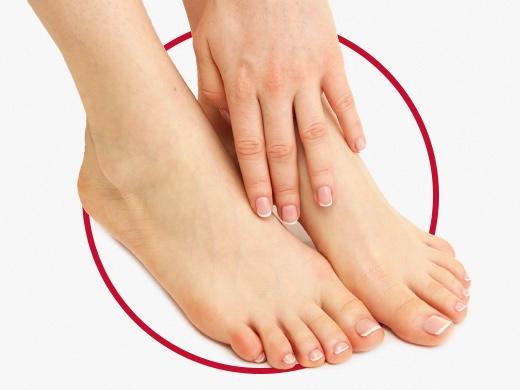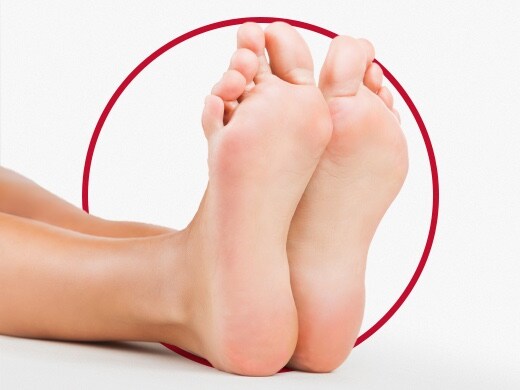What causes fungal skin infections?
- Ringworm
How do you get a fungal skin infection?
Fungal skin infections are contagious, as fungi can pass from one part of your body to another through scratching, and from person to person. You can catch a fungal infection from another person directly through skin contact or indirectly either by sharing contaminated clothes or towels or coming into contact with contaminated surfaces and objects. That’s why maintaining good personal hygiene is so important in preventing fungal skin conditions.
Preventing fungal skin infections
Good hygiene practices can help reduce the risk of you getting a fungal infection and help stop it from recurring. Follow these good skin hygiene tips to help protect your skin against fungal infections:
Keep your skin clean and dry. As fungi thrive in warm and damp environments, keeping your skin clean and dry helps to keep the fungi under control. Make sure you wash regularly, especially after exercise and on hot days. After washing, dry yourself thoroughly, paying careful attention to the areas such as skin folds and in between your toes.
Wear clean clothes. Make sure you change out of sweat soaked clothes, socks and shoes immediately after exercise or on hot days as they are the perfect environment for fungi to thrive. The same is true for bedsheets which collect moisture as you sweat during the night – change them regularly to prevent fungi from growing.
Don’t share personal items like bedsheets, clothes and towels. As fungal skin infections are highly contagious it’s always best to use your own clothes, towels and personal items. Fungal spores are passed between people through direct skin contact and by sharing objects such as towels, hairbrushes and bedding.
Take extra care when you are in communal areas. The fungi that cause athlete’s foot and fungal nail are often spread in communal changing areas like swimming pools, gyms, and showers. To prevent catching fungal infections in these places, it’s always advisable to be extra careful. Make sure you always wear flip flops in communal showers and pools. You should also bring your own towel that you wash and dry at home after use in a communal area.

Fungal skin infection treatment
Fungal infections are highly contagious, so it is important to treat them quickly in order to prevent them from spreading to other parts of the body or to others.
When it comes to fungal skin infections, treatment is usually fairly easy. If you are suffering from a fungal infection, Canesten offers a range of products that can help you treat it. It’s always best to treat your fungal infection as soon as possible. The longer you leave it untreated, the more harm the fungus can do to your skin or nails and the more difficult it will be to treat.
Treatment tips
It’s also important to follow some simple hygiene habits when you are treating your fungal skin infection. Follow these simple tips:
-
Although the infected area will itch, try not to scratch. Scratching will damage the surface of the skin and cause the infection to spread further
-
Keep the affected skin areas clean
-
Do not share towels, bath mats, etc. with other people as you could spread the infection to them
-
Always wash your hands after treating the infection to prevent it from spreading
-
Use different towels for the infected area and rest of your body to prevent spreading the infection to other areas of your body
-
Take extra care in public places. Avoid going barefoot if you have an infection on your feet to prevent spreading the infection to others
Athlete’s foot prevention tips:
Do
-
Keep your feet clean and dry
-
Wear sandals or flip-flops in shower rooms at gyms and pools to avoid catching a fungal infection
-
Use a separate towel for your feet and wash it regularly
-
Take your shoes off at home to let your feet breathe
Don’t
-
Wear closed shoes or gym trainers for long periods of time
-
Share towels, socks or shoes with other people
Fungal nail prevention tips
Do
-
Treat athlete’s foot as soon as possible to prevent it from spreading to your toenails
-
Wear sandals or flip-flops in shower rooms at gyms and pools to avoid catching a fungal infection
-
Look after your toenails by keeping them trimmed and clean
Don’t
-
Do not wear ill-fitting shoes or shoes that make your feet hot and sweaty
-
Share towels or wear other people’s shoes
-
Share nail clippers or scissors

